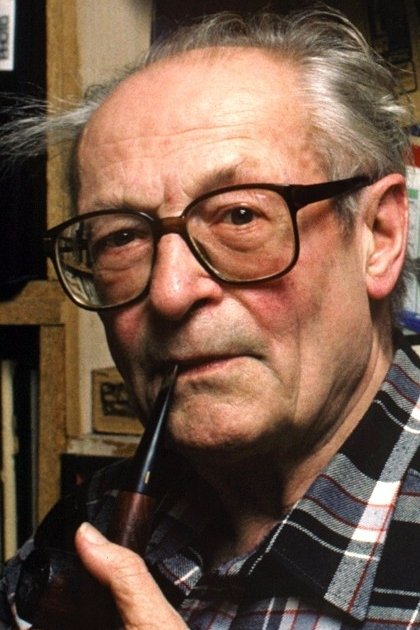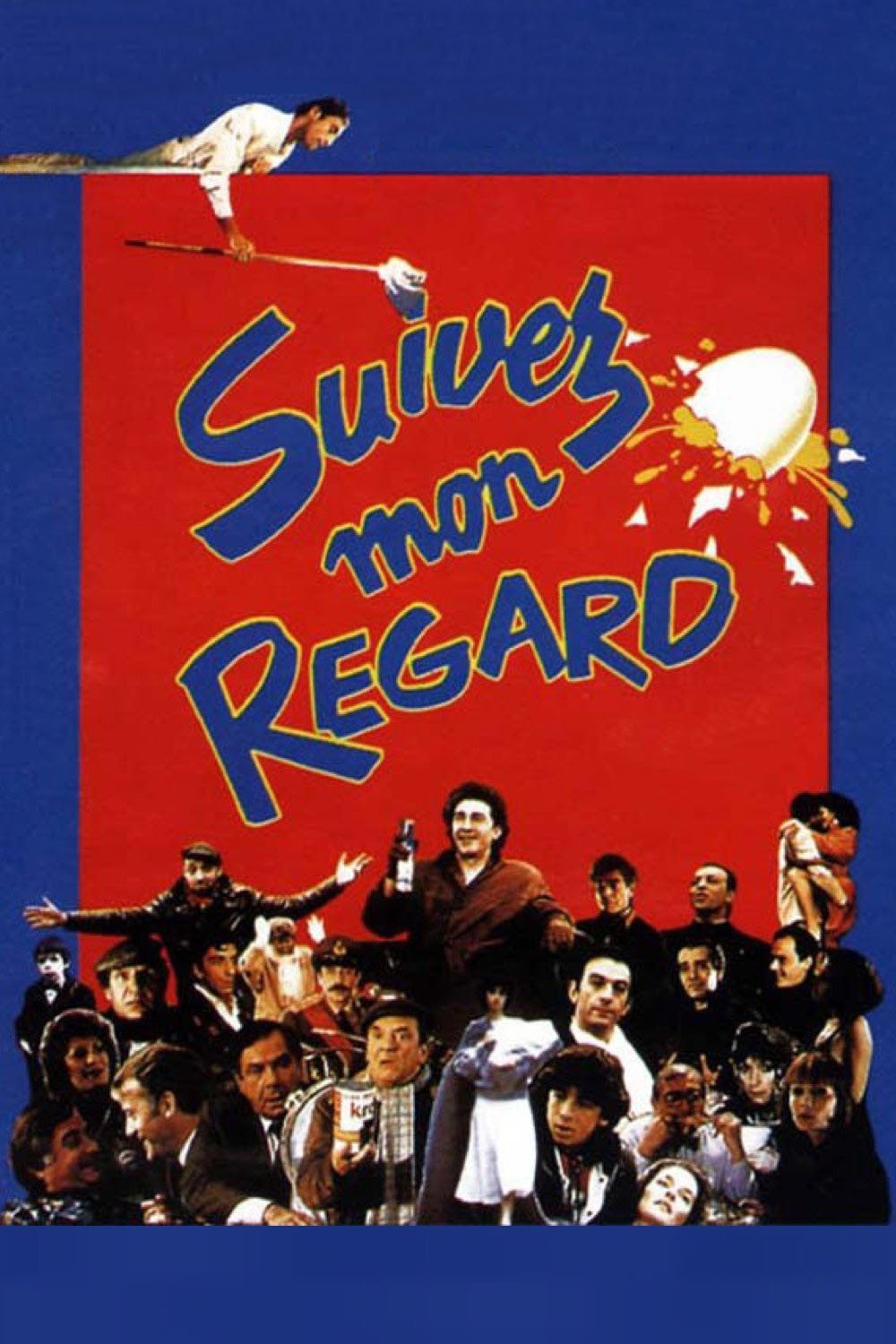

A long parade of actors and actresses pop up in an unconnected series of skits, vignettes, and sight gags in this comedy anthology by Jean Curtelin. Among the sketches performed is one with Jean Carmet playing a man from the sticks woefully burdened with the challenge of getting through a dog food commercial on less than one tank of intelligible French. Another skit shows a silent duel between an airport custodian and an automatic door, while another with the renowned Michel Galabru sets up a strange teacher-student exchange.
Léo Malet (7 March 1909 – 3 March 1996) was a French crime novelist and surrealist. Leo Malet was born in Montpellier. He had little formal education and began work as a cabaret singer at "La Vache Enragee" in Montmartre, Paris in 1925. In the 1930s, he was closely aligned with the Surrealists, and was close friends with André Breton, René Magritte and Yves Tanguy, amongst others. During this time, he published several volumes of poetry. He died in Châtillon, a little town just south of Paris where he had lived for most of his life, four days before his 87th birthday. Though he dabbled in many genres, Malet is most famous for Nestor Burma, the anti-hero of Les Nouveaux Mystères de Paris. Burma, a cynical private detective, is an astute speaker of argot (French slang), an ex-Anarchist, a serial monogamist and an inveterate pipe smoker. Of the 33 novels detailing his adventures, eighteen each take place in a sole arrondissement of Paris, in a sub-series of his exploits that Malet dubbed the "New Mysteries of Paris" quoting Eugène Sue's seminal "feuilleton". However, Malet never completed the full 20 arrondissements as he originally planned. Apart from the novels, five short stories were also published, bringing the total of Burma's adventures to 38. The comic artist Jacques Tardi adapted some of Malet's books, much to the author's approval. Malet claimed that Tardi was the sole person to have visually understood his books. Tardi also provided cover illustrations for the Fleuve Noir editions of the novels, which were published from the 1980s onward. Source: Article "Léo Malet" from Wikipedia in English, licensed under CC-BY-SA 3.0.
By browsing this website, you accept our cookies policy.